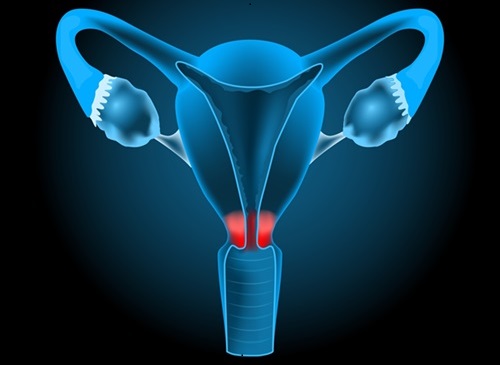Novel Cervical Cancer Screening Method to Reduce Need for Invasive Procedures
Posted on 06 Aug 2024
Cervical cancer remains a significant global health issue, with about 500,000 new cases identified annually. The incidence of cervical intraepithelial neoplasia (CIN), or precursor lesions to cervical cancer, is even more common, occurring 20 times as frequently. Timely detection of these conditions is crucial for effective treatment and improved patient outcomes, underscoring the importance of advancing screening techniques for CIN and cervical cancer. The primary methods currently employed are the human papillomavirus (HPV) test and cytology examination. While cytology is a longstanding method with widespread use, its sensitivity for detecting CIN is relatively low. Conversely, while HPV tests are highly sensitive, they often lack specificity since not all HPV infections lead to cervical lesions. This underscores the pressing need for more refined diagnostic approaches.
Against this backdrop, researchers at Fujita Health University (Aichi, Japan) have been exploring biomarkers that could facilitate the early detection of cervical cancer. Their latest findings, published in Cancer Science, include identifying compounds with abnormal expressions in both serum and cervical mucus of patients with cervical cancer, potentially offering new avenues for disease prevention strategies. Originally, the study was intended to focus on serum-based diagnostics, but an exploration into the immune changes locally within the cervix shifted their focus to examining all the currently known microRNAs (miRNAs) involved in cervical cancer's development and progression. The shift led to an investigation into whether molecular expressions in local tissues were consistent with those in serum, to validate the potential for a serum-based diagnostic approach.

The team conducted comparative analyses of miRNA and cytokine profiles from both serum and mucus samples, collected over approximately eight years from patients undergoing routine gynecological exams who had either cervical cancer or CIN. Initial screenings identified three miRNAs and five cytokines in serum, and five miRNAs and seven cytokines in mucus as candidates. Subsequent testing using miRNA real-time PCR and cytokine immunoassays on a larger cohort confirmed these biomarkers' abnormal expressions at various stages of cervical cancer. In contrast to their initial expectations, while the serum biomarkers showed limited diagnostic accuracy, a combination of specific miRNAs and cytokines in the mucus samples demonstrated more promising diagnostic potential. The findings suggest that targeting local expression changes might provide a more effective diagnostic strategy than focusing on serum levels. However, further studies with larger sample sizes are needed to confirm these results and potentially lead to superior screening and diagnostic tools for cervical cancer. Such advancements could ultimately diminish the necessity for invasive procedures like colposcopy, alleviating patient discomfort and reducing healthcare costs.
“Our study, for the first time, demonstrates that analyzing mucus samples can distinguish cervical tumors from normal tissues more accurately than serum samples,” said Professor Takuma Fujii from Fujita Health University who led the research team. “Using such a method as an additional option to traditional screening techniques could help discover cancer and precancerous conditions at an earlier stage.”
Related Links:
Fujita Health University














